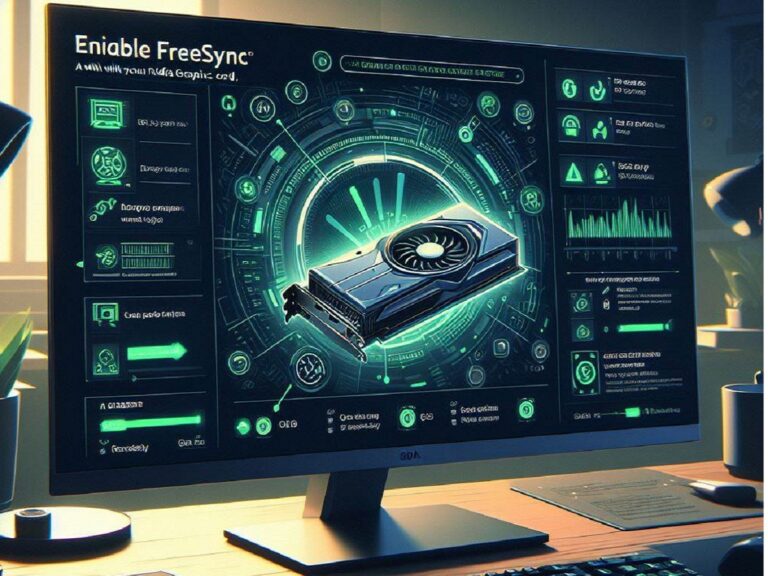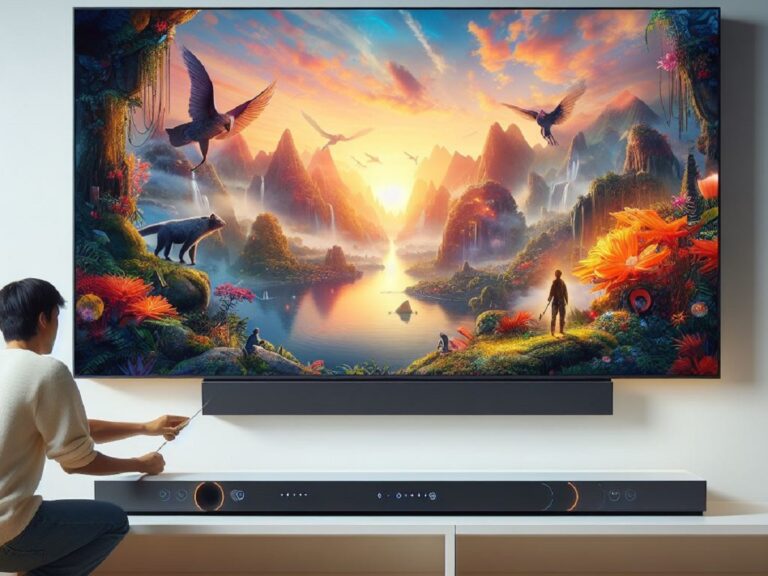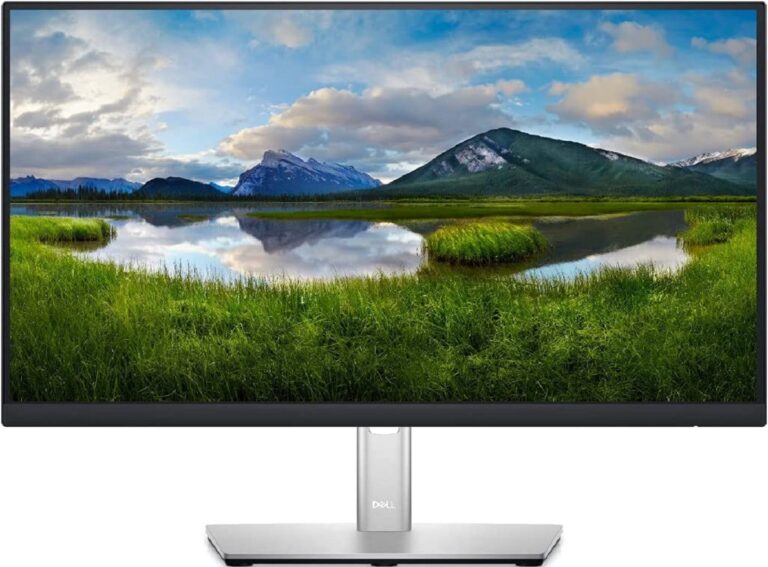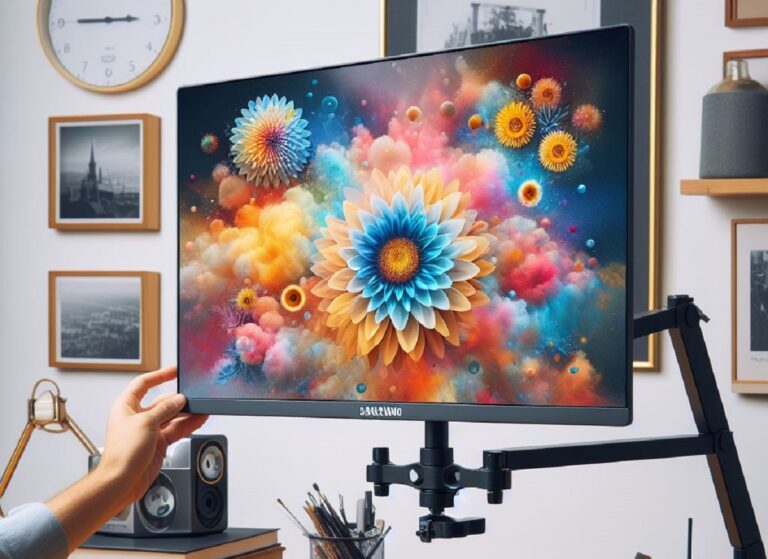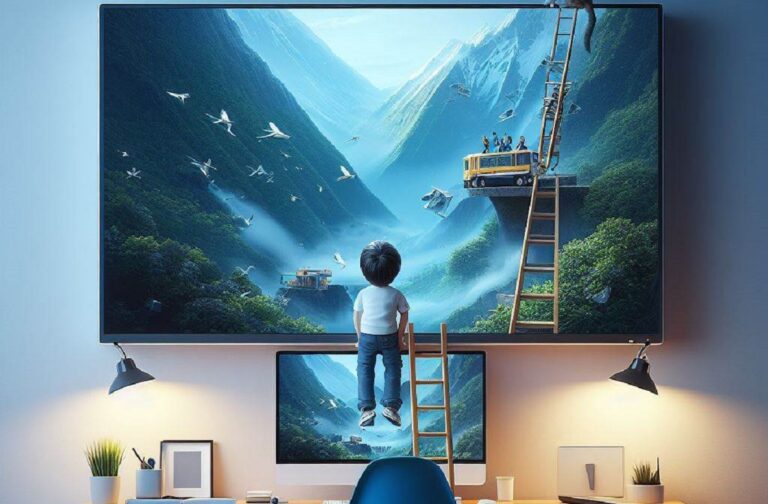The world of smart TVs offers a vast array of options, and navigating the different operating systems can be confusing. A common question is: Are LG TVs Android? Let’s delve into the world of smart TV operating systems to shed light on this and help you choose the perfect TV for your needs.
LG TVs: Powered by webOS
The answer is no, LG TVs do not run on Android TV. LG utilizes its own webOS operating system, specifically designed for their smart TVs. Introduced in 2013, webOS has evolved into a user-friendly and feature-rich platform offering a smooth smart TV experience.
webOS Features:
- Simple and Intuitive Interface: webOS is known for its clean and user-friendly layout, with a horizontal bar at the bottom that allows for easy navigation through apps, settings, and live TV.
- Magic Remote: LG’s Magic Remote goes beyond basic controls. This point-and-click remote with a gyroscope allows for intuitive navigation, voice search, and even gesture controls for a more interactive experience.
- App Store: webOS offers a curated app store with access to popular streaming services, media players, and some games. While the selection might not be as vast as the Google Play Store on Android TV, you’ll likely find most of the essential apps for streaming and entertainment.
- Smart Features: webOS integrates various smart features like voice search, screen mirroring from your phone, and universal search to find content across different apps. Additionally, LG TVs with webOS often offer compatibility with popular smart home ecosystems like Google Assistant and Amazon Alexa.
Android TV: A Familiar Experience
Android TV, on the other hand, is based on the familiar Android mobile operating system. This translates to:
- Vast App Selection: Android TV boasts a wider range of apps compared to webOS. You’ll find a larger selection of games, niche apps, and lesser-known streaming services alongside the popular ones.
- Customization: Android TV offers more customization options, allowing you to personalize the home screen layout and install sideloaded apps (apps not officially available on the Play Store). This can be appealing to tech-savvy users who prefer a more tailored experience.
- Google Assistant Integration: Android TV integrates seamlessly with Google Assistant, allowing you to control your TV with voice commands and access other Google services.
Choosing Between webOS and Android TV:
Here’s a breakdown to help you decide which OS might be a better fit:
-
Simplicity and Ease of Use: If you prioritize a user-friendly and straightforward interface, webOS might be a good choice.
-
App Selection and Customization: If you crave a wider variety of apps and greater customization options, Android TV might be more appealing.
-
Smart Home Integration: Consider your existing smart home setup. If you use Google Assistant or Amazon Alexa heavily, webOS offers compatibility with both, while Android TV integrates more seamlessly with Google Assistant.
-
Content Consumption Habits: If you primarily use popular streaming services and don’t need a vast app library, webOS might suffice. If you enjoy exploring lesser-known apps or playing games on your TV, Android TV might be more suitable.
Beyond the Operating System: Other Factors to Consider
While the operating system is important, it’s not the only factor when choosing a smart TV. Consider these as well:
-
Picture Quality: Research the display technology (LED, OLED) and features like resolution (4K, 8K), HDR compatibility, and contrast ratio to ensure a great viewing experience.
-
Smart Features: Both webOS and Android TV offer core smart features like voice search and streaming apps. Look for additional features important to you, such as gaming capabilities or built-in tuners.
-
Price and Brand Reputation: Compare prices and consider brand reputation for quality and customer support.
Remember:
There’s no single “best” operating system. Choose the TV that best suits your needs and preferences, considering both the operating system and other features. Reading reviews that compare specific models with webOS and Android TV can be helpful in making a well-informed decision.
Conclusion
LG TVs run on their own webOS operating system, offering a user-friendly interface and core smart features. While not Android TV, webOS provides a smooth experience for most users. By understanding the strengths of webOS and Android TV, along with other TV features, you can find the perfect smart TV to elevate your home entertainment experience.
